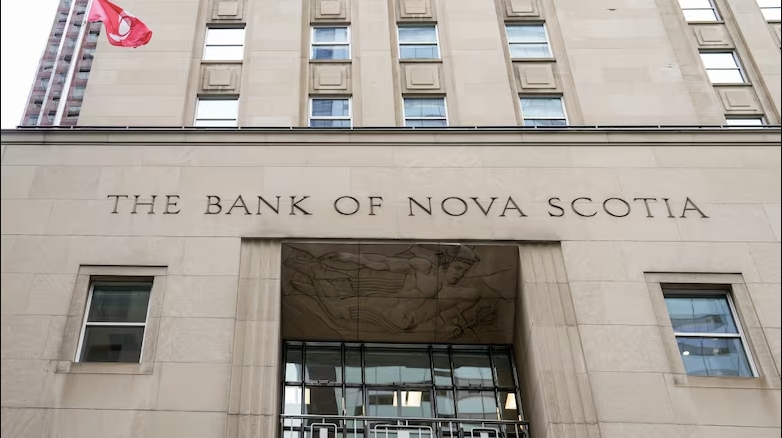Russian Woman in B.C. Sues Scotiabank and Government Over $90K Frozen Due to Sanctions
Liam O'Connell
12/12/20242 min read


A Russian woman residing in British Columbia has filed legal actions against Scotiabank and the Canadian government, claiming her $90,000 US transfer from a sanctioned Russian bank has been wrongfully withheld.
Daria Zubashchenko, who has lived in Canada since 2016 on a work permit and is a Simon Fraser University graduate, says the funds represent her share from the sale of properties in Russia. In February 2022, she initiated a wire transfer of the money from Russia’s Sberbank to her Scotiabank account in Canada, unaware it would be blocked under Canada’s sanctions against Sberbank.
The sanctions, first imposed in 2014 in response to Russia’s actions in Crimea and expanded following the 2022 invasion of Ukraine, target entities like Sberbank for their ties to the Russian government.
Funds Held in Limbo
Zubashchenko says she learned in May 2022 that her funds were frozen and disclosed to the RCMP as required by the sanctions. Despite her lawyer’s contention that the sanctions do not apply to her personally or to the nature of the funds, Scotiabank refused to release the money without a permit from Global Affairs Canada.
Her attempts to obtain permits from Global Affairs, filed in June 2022 and June 2024, have yet to be adjudicated, according to her court filings. Zubashchenko argues that neither she nor the transaction benefits Sberbank, and the bank’s decision to freeze her funds exceeds its legal obligations.
Legal and Procedural Hurdles
Zubashchenko’s lawyer, Seva Batkin, says others have faced similar issues with sanctioned bank transactions, though their smaller amounts have deterred legal action.
Scotiabank stated it is complying with Canadian sanctions and referred further questions to the courts. Global Affairs Canada confirmed that permits for transactions prohibited by sanctions are only granted in exceptional cases and assessed individually.
Zubashchenko’s lawsuit challenges what she describes as the unintended consequences of sanctions on regular individuals with no ties to the Russian government.
A Broader Issue
Legal experts say the case highlights the broader impact of Canada’s sanctions regime, which, while designed to pressure foreign governments, can ensnare everyday transactions.
For Zubashchenko, the frozen funds represent more than financial inconvenience—it’s a fight for her rights as someone who has contributed to Canadian society for years.
“Contrary to the position taken by [Scotiabank], these provisions do not impose a duty on banks to withhold funds,” her legal filing states, emphasizing that the funds’ ownership and source are legitimate and unrelated to the sanctioned entity.
The case now rests with the Federal Court, as Zubashchenko waits to see if the legal system can resolve her financial limbo.
News
Stay updated with the latest BC news stories, subscribe to our newsletter today.
SUBSCRIBE
© 2025 Innovatory Labs Inc.. All rights reserved.
LINKS
